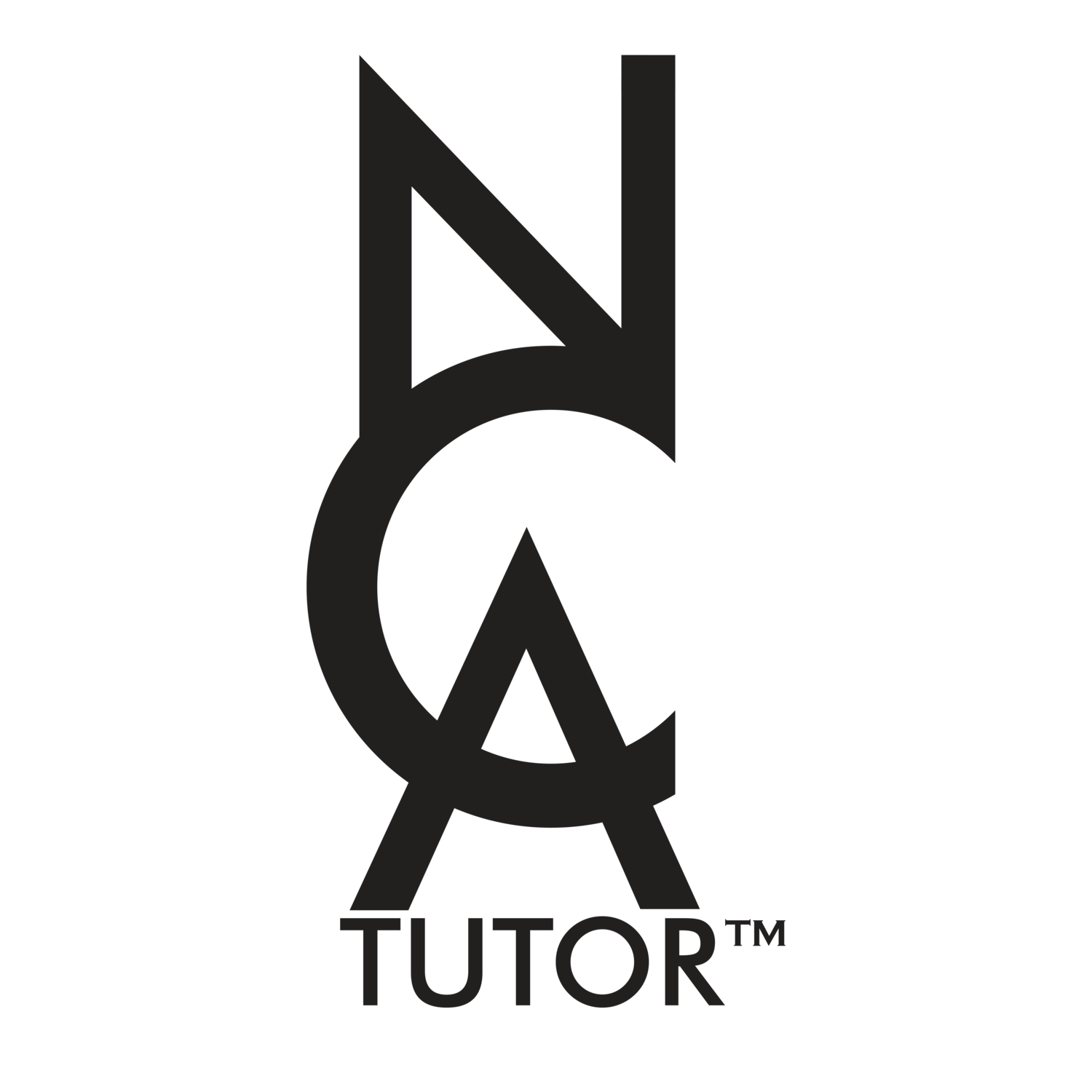As you probably already know, the NCA exams are open-book, pass/fail exams where 50% is regarded as a pass. You will only be informed of whether you passed or failed, not why or by how much.
Candidates are eligible to bring any materials they like to the exam and have them highlighted and marked up as they please.
Studying for open-book exams is pretty different than traditional exams where students are not eligible to bring in any materials.
You can either make your own notes or purchase summaries from a reliable source (such as NCA Tutor). If you opt to purchase notes, know that these are just summaries, they are not a substitute to the required readings of the course syllabi.
I focused more on understanding the content and applying it by doing practice exams as provided by the NCA. Since the NCA only provides one practice exam for each course, I also tested myself by going through some exams from Canadian law schools which are available to the public such as the Peter A. Allard School of Law Exams. If you decide to test yourself too, I would suggest writing comprehensive answers and bringing those with you to the exam as you may be asked a similar question.
The notes served as a great tool for me during the exam while the textbook readings assisted in my own understanding of the content. I also did my own independent research to understand some concepts.
I would encourage candidates to understand the material and to know how to navigate through their study notes. You don’t want to be rummaging through materials looking for answers and end up learning something new during the exam…
Going to the exam a bit early may help you ease your nerves. That way you can also get registration out of the way and get yourself comfortable in the setting.
While writing the exams be mindful that you are on a time-crunch (3 hours). A good way to use your time efficiently during the exam is to give each question the amount of time that it is weighted. So, if a question is worth 33% of the marks on the exam, give it 60 minutes of your time.
During the exam try to identify issues and concepts as you’re reading the question. This saves you time as you’ve already premeditated what the question will likely be, you’ve also already ascertained the issues and concepts that are likely to be relevant to the prospective question.
Mapping out your answers briefly, even in bullet points may serve to be a useful strategy during exams. Since you have a limited amount of time, you don’t want to lose your train of thought so having that map to refer to while you’re mid-exam can be a great tool.
Everyone has their own approach to studying and writing exams, these are some tips that I found useful throughout the NCA process which I hope may serve to be useful to you too. All in all, prepare and practice as much as you can in the time that you have. Know how to navigate through your materials and be strategic about how to use your time during the exam. Lastly, remember that you’ve already finished law school, you can get through this process too!



